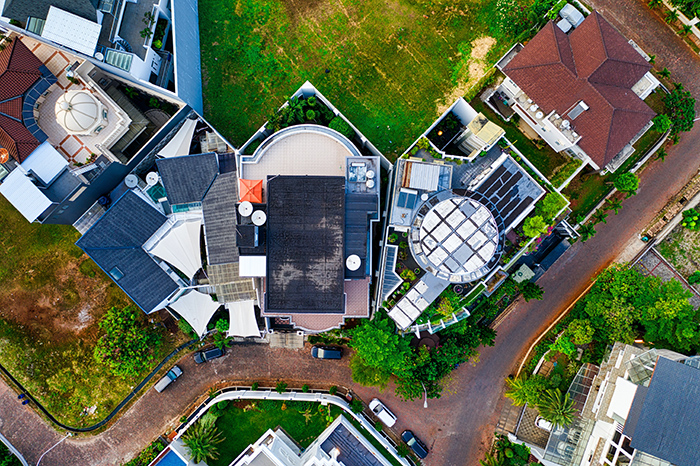The financial sector is pivotal for generating new sources of economic growth in Indonesia and expanding domestic sectors that stimulate the local economy. The Indonesian government is implementing strategic steps to ensure continuity and drive the growth of new economic engines.
According to website of Indonesia’s Ministry of Finance, Vice Minister of Finance II, Thomas Djiwandono, stressed the importance of energy security, digitalization, and downstream processing as foundational pillars for sustainable economic growth. These priorities are aligned with previous administrations’ policies under President Joko Widodo.
Sustainable Development Through New Economic Growth
During the Eurasia Group Roundtable in Washington, D.C., on October 24, Vice Minister of Finance Djiwandono outlined Indonesia’s commitment to building a resilient economic foundation amidst global geopolitical changes. Emphasizing energy security, digitalization, and downstream industries, Djiwandono described these sectors as critical components for sustainable growth.
“These themes serve as the bedrock of Indonesia’s economic future, setting the stage for our new growth engines,” he noted in a statement on October 28.
The Vice Minister of Finance further discussed the Indonesian government’s strategies to stimulate emerging sectors. Beyond infrastructure and downstream industries, the Ministry of Finance has identified tourism and digitalization as additional areas for growth.
With continuity in policy, President Prabowo’s administration is expanding these economic priorities to attract global investments and strengthen Indonesia’s economic appeal.
Economic Diversification and Development
In a recent forum, Vice Minister of Finance Suahasil Nazara highlighted the financial sector’s strategic role in fostering new economic growth sources and bolstering sectors vital to Indonesia’s domestic economy.
Speaking at the Bank Mandiri Leadership Forum on October 26, Suahasil emphasized the need to deepen Indonesia’s financial sector, stating, “Our primary goal is to strengthen Indonesia’s financial base for sustained growth.”
Suahasil explained that developing Indonesia’s new growth engines hinges on enhancing domestic production, expanding the digital economy, encouraging green initiatives, supporting MSMEs (Micro, Small, and Medium Enterprises), and downstreaming industries like palm oil and natural resources through financial reforms. “The financial sector plays a pivotal role in providing capital access to MSMEs,” he noted.
Expanding Financial Sector Opportunities
Former President Joko Widodo set a target to increase bank lending to MSMEs to approximately 30% by 2024. This policy could boost GDP growth by supporting local production and tapping into domestic resources through financial sector funding.
Despite Indonesia’s progress, Suahasil remarked that the financial landscape still relies heavily on banking, presenting an opportunity to broaden other sectors, such as insurance, pension funds, and financing.
“Compared to neighboring countries, our banking assets remain lower, our capital market capitalization lags, and the ratio of insurance and pension fund assets to GDP is relatively low. We face a major task in developing our financial markets and fostering future growth,” Suahasil stated.
Suahasil also expressed optimism about recent regulatory relaxations by the Indonesian Financial Services Authority (OJK) and their potential to promote economic recovery.
“Our overarching mission is to foster prosperity across Indonesia. Though challenges remain, we’re confident in the resilience of our ongoing initiatives to drive economic recovery,” Suahasil concluded.

















